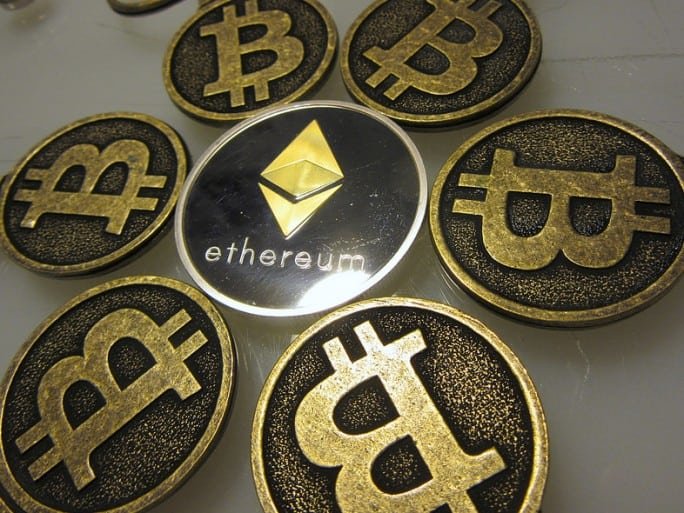"The automation of certain functions through [...] computer code does not exempt from following the legislation applicable to the issuance of securities".

The Securities and Exchange Commission makes this finding in an investigation report on the topic of ICO (fundraising in cryptomon- aria).
The investigation in question concerns The DAO, the name of this decentralized organization which was formed last year on the blockchain Ethereum.
The US financial market regulator questioned the extent to which the initiative violated the provisions of the Securities Exchange Act, a federal law regulating secondary capital markets.
On this occasion, he was interested in the legal nature of "tokens" that investors participating in ICOs receive in exchange for their contribution.
Broadly speaking, its conclusion is as follows: the said tokens are assimilable to titles; So that the raising of funds in which they are issued must, subject to exemption, be made the subject of a declaration to the authorities.
Voting rights
Carried by the Slock.it team (the company behind a lock connected to the blockchain), The DAO was intended to raise funds and then finance projects submitted to it. The SEC describes it as a "virtual" organization based on computer code and acting as a leverage for a for-profit entity.
Between April 30 and May 28, 2016, The DAO had raised nearly 12 million ethers (about $ 150 million during that time) in exchange for 1.15 billion chips, In proportion to their participation, voting rights and a guarantee of return on investment equivalent to the payment of a dividend on the beneficiary projects.
The DAO made clear the possibility for the owners of these tokens to exchange them on several platforms, at least one of which had been requested before the start of the ICO. One of them handled more than half a million transactions involving these tokens between 28 May and 6 September 2016.
The Ethereum projects submitted to the investors' vote were first sorted by a team of experts: the "Curators". Originally designated by Slock.it, their mission was to control the authenticity of the projects and the identity of their porters. And to add them accordingly, on a white list.
The SEC noted that one of these "Curators" had admitted the "full control" it had on this whitelist. While another had recognized subjective criteria in the selection of projects.
The craftsman Slock.it
This power, coupled with certain prerogatives such as the reduction of the quorum necessary for the adoption of projects, is important in the reasoning of the American financial market gendarme.
The latter recalls that, pursuant to section 5 of the Securities Act, any offer of securities to the public must be communicated to the public, together with a prospectus containing information such as the financial situation of the issuer And the price of the securities.
Under Securities 2 and 3 of the Securities Act, the offer of securities implies the existence of an "investment contract". In other words, the injection of money into a project common to both the seller and the buyer of the said securities, the latter being able to "reasonably" expect profits "inherent in the entrepreneurial or managerial effort of others".
In the case of The DAO, there is indeed a common project with the hope of making a profit. And according to the SEC, the existence of an "investment contract" is not conditional on the investment of fiduciary money.
On the notion of "effort of others", it appears that Slock.it, as much as the "Curators", was essential to the development of the project.
The first was involved in investor communication (such as forums management) and when it was necessary to help - by means of a hard fork - to recover the 3.6 million ethers That a third party had exfiltered exploiting a flaw in the code of the DAO.
Regarding the "Curators", the SEC believes that "investors had little choice but to rely on their expertise. All the more so because their decision-making power was limited by their limited capacity to communicate, either because of the pseudonymous nature of the DAO or because of the sharp dilution of capital.
Ethertrade is good